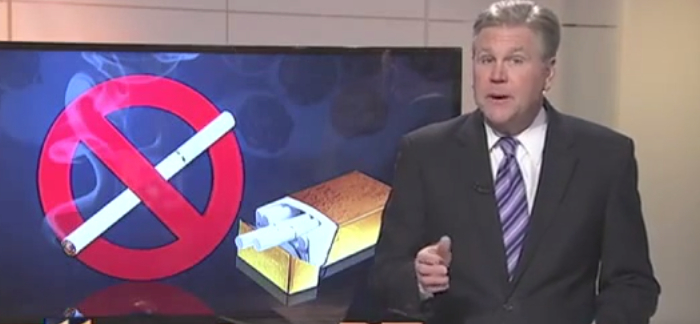The rates of smoking have been steadily declining since 1964. The health dangers have been made apparent to the general public. Through public service campaigns on TV, radio, and streaming services, people are encouraged to stop smoking or not take it up in the first place every day. Despite all of this, many are choosing to be smokers. In response, many communities are instituting smoking bans to create healthier environments where people tend to congregate.
Is a smoking ban something that is too restrictive? Or is it problematic to have second-hand smoke lingering around that children can inhale?
The Pros of Smoking Bans
1. They create a cleaner atmosphere that a majority of people are able to enjoy.
Being smoke-free within 25 feet of a building or having it against the law to smoke inside certain businesses allows more people to enjoy the atmosphere where they will be. There isn’t any second-hand smoke to inhale, which means there isn’t any potential health consequence to having a day out with the family.
2. There is less litter around the business.
Although many smokers are conscious about what they do with their butts, a small minority of smokers leave a lot of litter everywhere they go. Those butts have toxins in them that can then leak into the drainage systems of our communities and potentially enter our water supply. There’s also the fact that dozens of cigarette butts around a business make it look quite unsightly.
3. It could lower the health care costs a community faces.
Although smoking bans don’t typically forbid people from smoking in their own homes or vehicles, it does restrict the times and places that smoking can occur. This may have a natural effect of lowering health care costs in each community because there could be less overall smoking going on.
The Cons of Smoking Bans
1. It is a behavioral restriction that intrudes on a person’s life.
Just because smoking is a potentially bad habit doesn’t give government agencies the right to regulate the choices a person makes. Other behaviors have health consequences to them as well, but they aren’t as regulated as smoking happens to be. This means that smokers feel targeted.
2. It reduces the potential tax revenues that can be received.
Smoking products are heavily taxed today and this brings in billions of annual revenue from a national viewpoint. Instituting smoking bans might make health care spending less, but there will be a direct revenue loss associated with lower smoking levels as well.
3. It doesn’t really stop the behavior.
If someone violates a smoking ban, most often the consequence is just a warning to move somewhere else or to put the cigarette out. Even if police are called, a person must generally refuse to leave in order to be charged with a violation. This means that many smoking bans are ineffective in nature.
Are smoking bans something that every community should look at enacting? By weighing the pros and cons of this type of law, everyone can decide which side of the debate they support.




